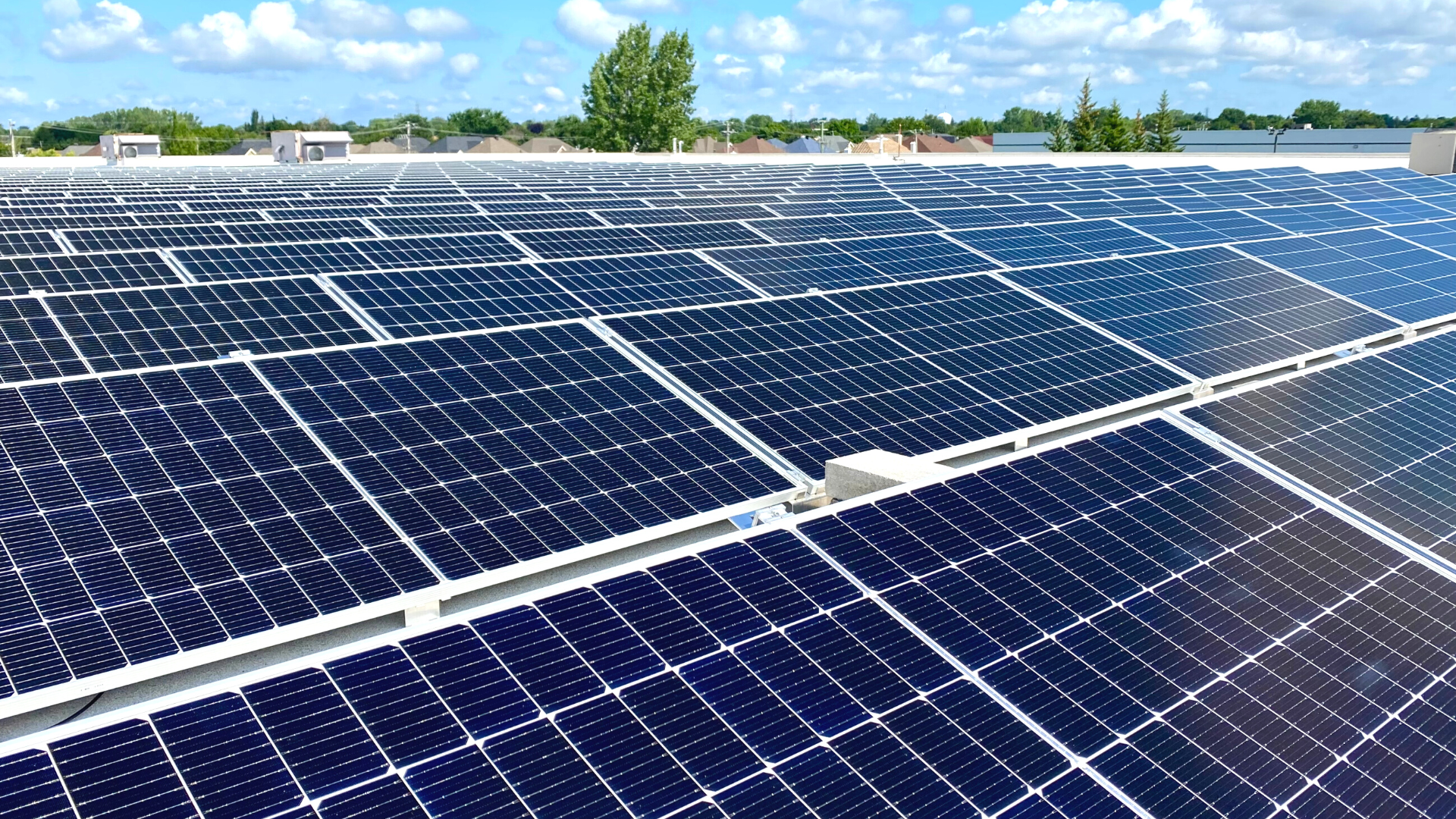Renewable Energy Certificates (RECs)
Renewable Energy Certificates (RECs) are instrumental in facilitating access to sustainable electricity markets, serving as a key solution for players in the renewable energy landscape. Trusted by energy project developers, utilities, equipment manufacturers, and energy retailers globally, our REC supply solutions are designed to empower organizations in meeting compliance requirements and advancing sustainability objectives while ensuring long-term growth.
Contact us to explore how our REC solutions can elevate your renewable energy journey and contribute to a sustainable future.
What are Renewable Energy Certificates (RECs)?
Renewable Energy Certificates serve as verifiable proof that a specific amount of electricity originates from renewable sources like solar, wind, or hydro power. These digital certificates, managed by accredited registries, meticulously track the generation, transfer, and redemption of renewable energy attributes linked to electricity production.
The Power of REC Trading
RECs open up possibilities for international trading, enabling companies in regions with limited renewable resources to actively support renewable energy development elsewhere. Recognized by international organizations, RECs play a pivotal role in measuring and reporting progress towards ambitious renewable energy goals outlined in global initiatives like the United Nations Sustainable Development Goals and the Paris Agreement.
Renewable Energy Certificates (RECs), offering a comprehensive overview of their significance in renewable energy markets. Now, let’s highlight the specific distinctions between RECs and International Renewable Energy Certificates (I-RECs):
1. Geographic Scope:
RECs:
- Generally applicable on a national or regional level, depending on the regulatory framework and policies of a specific area.
- Traded within the boundaries of a particular country or region.
I-RECs:
- Designed for international use, allowing companies in regions with limited renewable energy resources to support renewable energy development in other parts of the world.
- Facilitates cross-border trading, providing flexibility for organizations to source renewable energy globally.
2. Recognition and Standards:
RECs:
- Compliance and recognition depend on the standards set by the regulatory authorities within a specific jurisdiction.
- Various standards and certification programs exist, but they can vary from one region to another.
I-RECs:
- Internationally recognized and standardized, providing a consistent and transparent framework for renewable energy tracking and trading.
- Offer a unified system that aligns with global initiatives such as the United Nations Sustainable Development Goals and the Paris Agreement.
3. Market Dynamics:
RECs:
- Primarily used to comply with regulatory requirements, such as renewable portfolio standards (RPSs), in mandatory markets.
- In voluntary markets, consumers may choose to purchase RECs to support renewable energy and reduce their environmental impact.
I-RECs:
- Serve as a tool for companies operating in regions with limited renewable resources to demonstrate their commitment to sustainability.
- Enable organizations to participate in international markets, fostering global collaboration in the transition to renewable energy.
4. Trading Flexibility:
RECs:
- Traded within the regulatory framework of a specific jurisdiction, limiting flexibility for international transactions.
I-RECs:
- Specifically designed for international trading, providing organizations with the flexibility to support renewable projects across borders.
In essence, while both RECs and I-RECs share the common goal of supporting renewable energy and reducing carbon footprints, I-RECs offer a more globally oriented and standardized approach, making them suitable for organizations with an international footprint or those seeking to contribute to renewable energy projects on a global scale.
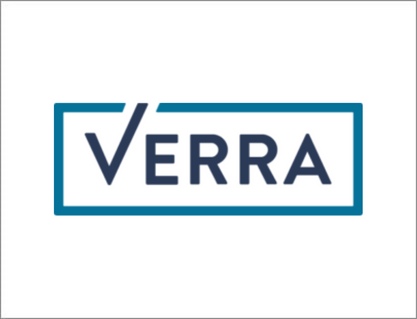 |
The Verra RegistryVerra is a global leader helping tackle the world’s environmental and social challenges by developing and managing standards that help the private sector, countries, and civil society achieve ambitious sustainable development and climate action goals. The standards and programs Verra develops and manages are globally applicable and advance action across a wide range of sectors and activities. Programs undergo extensive stakeholder consultation and expert review, and draw from four key components: standard, independent assessment, accounting methodologies, and registry.
|
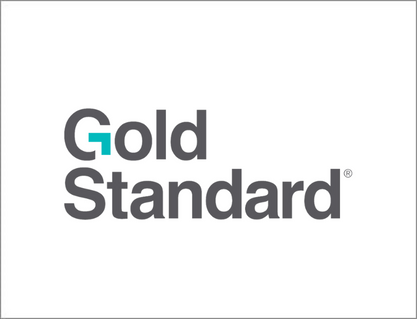 |
Gold StandardThe Gold Standard (GS) is a voluntary carbon offset program focused on progressing the United Nation’s Sustainable Development Goals and ensuring that project’s benefit their communities. It can be applied to voluntary offset and Clean Development Mechanism (CDM) projects. The GS CDM was launched in 2003 after a two-year consultation with stakeholders, governments, non-governmental organizations, and private sector specialists from over 40 countries. The GS for voluntary offset projects was launched in 2006. The GS project registry – containing all projects implemented through the standard was launched in 2018.
|
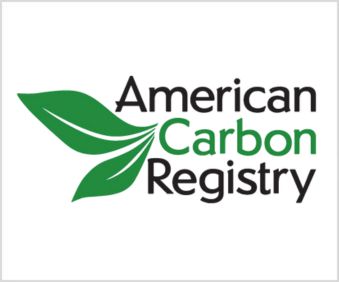 |
American Carbon Registry (ACR)The American Carbon Registry (ACR), a nonprofit enterprise of Winrock International, was founded in 1996 as the first private voluntary greenhouse gas registry in the world. Winrock operates ACR to create confidence in the environmental and scientific integrity of carbon offsets in order to accelerate transformational emission reduction actions.
|
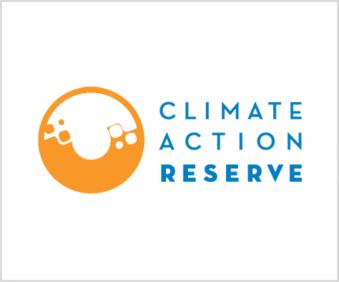 |
Climate Action Reserve (CAR)The Climate Action Reserve (CAR) is an offset registry for global carbon markets. CAR establishes high quality standards for carbon offset projects, oversees independent third-party verification bodies, issues carbon credits generated from such projects and tracks the transaction of credits over time in a transparent, publicly-accessible system.
|
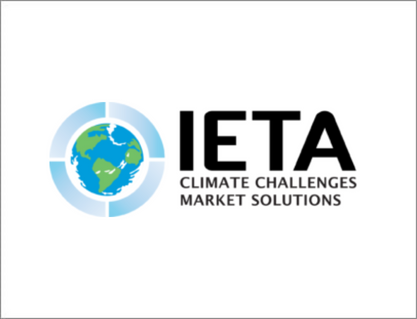 |
International Emissions Trading Association (IETA)The International Emissions Trading Association (IETA) is a non-profit association with more than 250 members who are active stakeholders in the international carbon and emissions markets. The organization was created in 1999 to establish a global framework for greenhouse gas emission reductions trading.
|
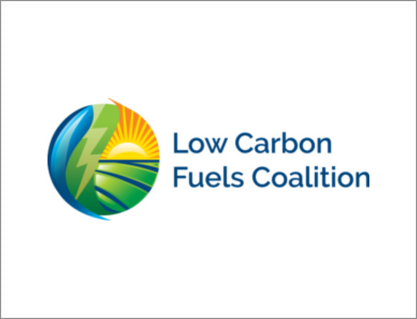 |
The Low Carbon Fuels CoalitionThe Low Carbon Fuels Coalition (LCFC) is a technology neutral trade association dedicated to the support and expansion of market-based low carbon fuel policies. The organization supports market-based low carbon fuel policies that reduce carbon pollution while creating jobs, improving air quality, harnessing waste streams, driving innovation, and stimulating agriculture. |
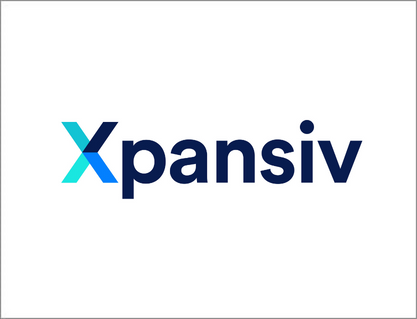 |
Xpansiv CBLCBL has established the first of its kind Standard Instruments Program (SIP) to build on market infrastructure to accompany and govern the launch of spot contracts for the settlement and physical delivery of environmental commodities across existing registries that can be determined as meeting certain defined, standardized criteria for market quality and performance. |
Related Content

Carbon Offsets
A carbon offset is a transferrable credit certified by governments or certifying bodies to represent an emission reduction of one metric tonne of CO2, or an equivalent amount of other GHGs.

Carbon Markets
Global carbon markets are broken down into two major market types; voluntary carbon markets (also known as VCMs) and compliance carbon markets, which vary by jurisdiction.

Carbon Trading
Carbon Trading is a market-based approach to slowing global warming. Supply and demand set the commodity price on carbon credits, offsets, and renewable energy certificates (RECs).
Environmental Commodities
Learn more about our carbon credit, carbon offset and renewable energy certificate (REC) programs & solutions for compliance and voluntary carbon markets around the world.
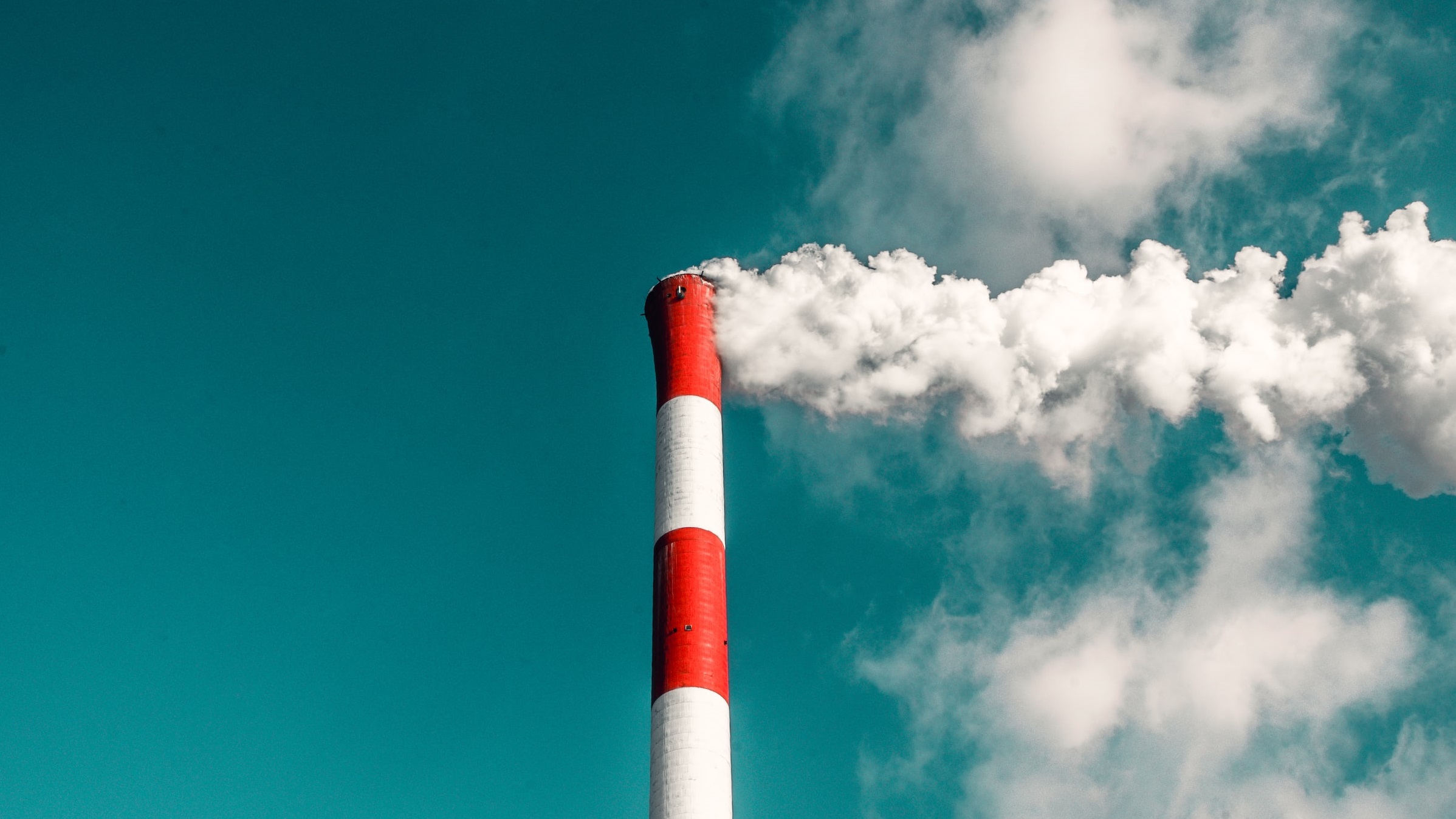
Carbon Pricing
A carbon price typically appears as a carbon tax or in emissions trading, with the main policy instrument being an Emissions Trading System (ETS), also known as Cap-and-Trade (CAT) program.
